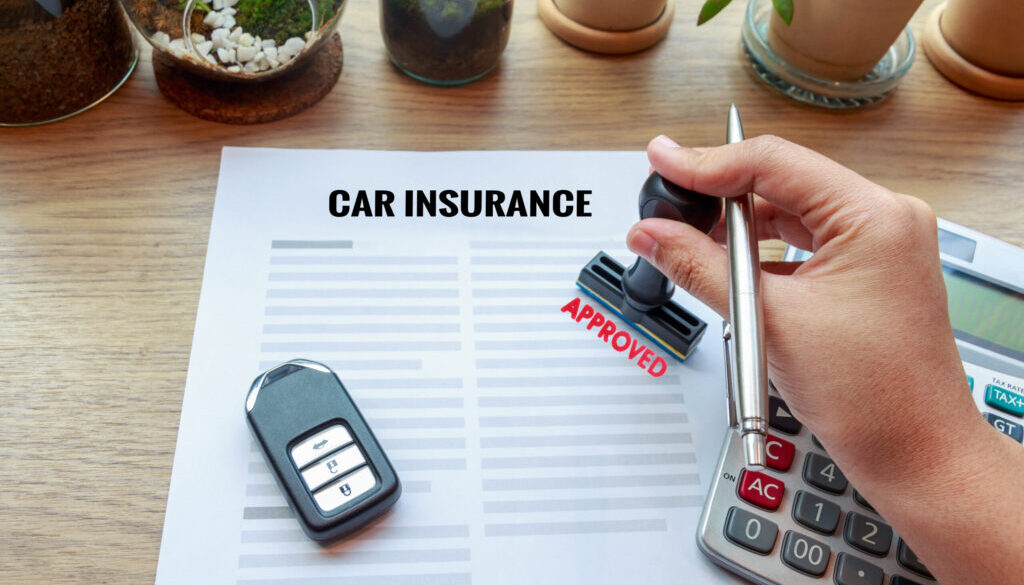Is Oklahoma a Comparative Negligence State?
If a car accident occurs in a state with comparative negligence laws, each party’s responsibility is evaluated, and fault is determined based on their actions leading up to the collision.
Oklahoma’s Comparative Negligence System
Oklahoma is a comparative negligence state, meaning damages are decided on a case-by-case basis. The specific actions of each party affect the compensation they may receive, and it’s possible for no single person to be fully responsible for the accident.
For example, if one driver was speeding but the other failed to use their turn signal when merging, both may share some degree of fault. Compensation for damages is reduced based on the percentage of fault assigned to each party. Under these laws, even an injured person’s own actions could reduce their compensation if they are found partially responsible for their injuries. Most states, including Oklahoma, use comparative negligence principles to allocate fault and damages.
The “50 Percent Rule” in Oklahoma
Oklahoma’s modified comparative fault laws include a “50 percent rule.” The law specifies:
“Negligence resulting in personal injuries, wrongful death, or property damage shall not bar recovery unless the negligence of the injured party is of greater degree than the negligence of the other party or parties involved.”
This means that if a party’s fault exceeds 50%, they cannot recover damages. For example, if you’re found 51% responsible for an accident, you are ineligible for compensation.
What is Contributory Negligence?
By contrast, some states use contributory negligence laws, where even a small amount of fault can disqualify a person from recovering damages. Only five jurisdictions—Alabama, Maryland, North Carolina, Virginia, and the District of Columbia—use this stricter approach. Oklahoma’s modified comparative negligence system is more forgiving, ensuring partial compensation for those whose fault is 50% or less.
Have Questions About Comparative Negligence?
If you’ve been in a car accident in Oklahoma, understanding how comparative negligence laws apply to your case is critical. Our experienced attorneys at Aizenman Law Group can help you navigate the process and work to ensure you receive the compensation you deserve.
Contact Aizenman Law Group at call 918-215-8856. We offer free consultation. We’re here to help 24/7.





